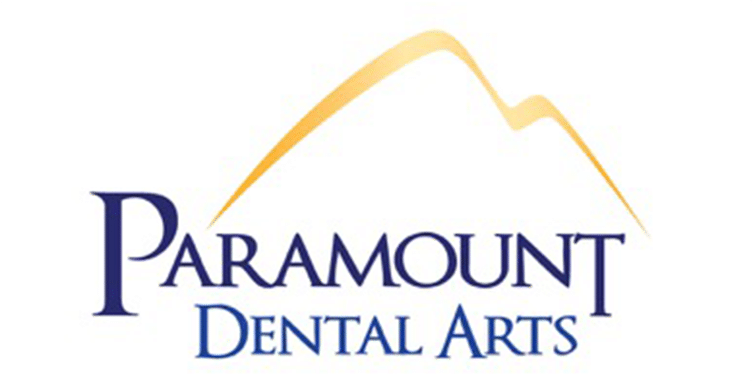Most practitioners recommend a twice-yearly dental cleaning schedule for most patients aged 3 years and older. Seeing the dentist every six months lets them keep close track of your oral health, perform routine care that reduces the chance of later complications, and screen for oral cancer. Your dentist may vary this schedule based on your oral health needs.
Why Dental Cleanings Are Important
Getting dental cleanings as recommended is a must for maintaining your oral health. Like wellness exams from your primary care provider, dental cleanings are key to your good health.
Following are some of the reasons why dental cleanings are vital:
- Remove plaque and tartar, lowering your chance of developing tooth decay or gum disease.
- Assess your oral health, detecting problems like decay and gum disease at early stages when they are most treatable and least likely to cause further complications.
- Screen for oral cancer, a disease that sometimes goes undetected until late stages when patients do not see a dentist regularly.
- Provide crucial instruction on home care techniques to maximize oral health.
- Oral health and general wellness are interconnected. Researchers connect gum disease and tooth decay to a higher risk of cardiac problems, diabetes, and preterm birth.
Steps in a Dental Cleaning
Cleanings are gentle but thorough appointments that take about 50 minutes for adults and about 30 minutes for children. They provide benefits beyond the pleasant, squeaky-clean feeling you can experience when the hygienist finishes your procedure
Some patients may feel uncomfortable with dental appointments, including cleanings. Please let your dentist or hygienist know if you are feeling apprehensive. They will reassure you and treat you with extra care. If you find it helpful, they can explain each step in detail to let you know what they are doing.
Step 1: Examination and X-Rays
The first step in dental cleaning is a gentle and thorough exam. Your hygienist will check each tooth and assess whether there are any problems the dentist needs to evaluate.
Many dentists recommend patients undergo X-rays once yearly to look for hidden problems. Today's digital X-rays are safer and faster than the film X-rays you may remember from the past.
Step 2: Scaling
The hygienist will use a special scaler to remove tartar and plaque from your teeth gently. It may be a metal instrument or an ultrasonic cleaner.
Tartar is a hard substance formed from hardened food and plaque bacteria; only a dental professional can remove it. Left alone, tartar is a major cause of tooth decay and periodontal disease, especially when it collects along and below the gum line.
Step 3: Polishing
Next, the hygienist uses a rotating brush with gritty toothpaste to polish away remaining plaque and remove surface stains.
Step 4: Flossing
The hygienist expertly flosses your teeth, checking for tight contacts and remaining food or plaque.
Step 5: Home Care Instruction
Some patients' oral health suffers due to their brushing and flossing habits. Your hygienist will instruct you on the finer points of caring for your teeth at home. One of the key points to remember is that everyone should brush for at least two minutes, morning and night.
Step 6: Rinsing
A water rinse follows your cleaning. This rinse removes debris and all traces of toothpaste.
Step 7: Fluoride
Many patients believe that fluoride treatments are just for children, but adults can benefit as well. Fluoride is a safe mineral that hardens your tooth enamel and prevents many instances of decay.
Frequently Asked Questions About Dental Cleanings
Are dental cleanings bad for my teeth and gums?
Dental cleanings do not damage your teeth or gums in any way. If you notice bleeding or minor discomfort during cleaning, you will likely develop the early stages of gum disease. Gingivitis is reversible early on, and professional cleanings plus excellent home care can help you conquer it.
When should I start bringing my child to the dentist for cleanings?
Children should start seeing the dentist around age 3 unless there are signs of a complication or an oral trauma event. Early dental care allows young children to become comfortable with going to the dentist and can help prevent serious oral health problems later in life.
Baby tooth cleanings start with simple exams and gradually progress as the child's teeth erupt. With regular cleanings, dentists can provide care recommendations that protect your growing child's teeth.
Call Paramount Dental Arts
Dental cleanings can help you avoid future problems and ensure good oral health. To schedule an appointment for a dental cleaning, please call our Clifton, NJ, office at 973-777-1772 or request an appointment below.

